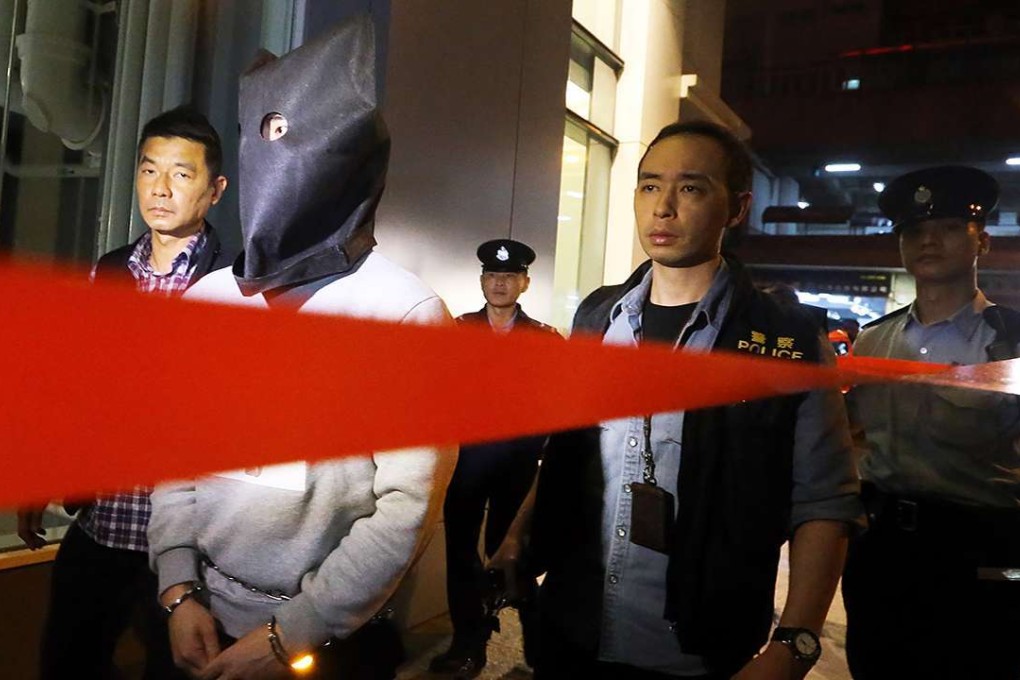Hong Kong and Taiwan should come up with a fair, transparent mechanism to deal with fugitives
Recent cooperation to return ‘body-in-cement’ case suspects is a step in right direction but a formal agreement should be concluded sooner rather than later

It is fundamental to our legal system that suspects in serious crime are brought to justice as quickly as possible according to due process. This can become problematic when they flee to another jurisdiction and there is no formal agreement under which fugitives from justice may be apprehended and returned after a proper hearing. The most recent case is that of three suspects in the “body-in-cement” investigation who fled to Taiwan, with which Hong Kong has no reciprocal mechanism for returning fugitives.
The detention and unofficial transfer of the three men back to Hong Kong last week – after a woman co-suspect assisted police – is not only unprecedented, but also the first coordinated law-enforcement effort of its kind between the two sides since Hong Kong’s return to Chinese sovereignty in 1997. This has prompted a spokesman for Taiwan’s National Immigration Agency to say it could pave the way for a mutual legal assistance agreement with Hong Kong. That would be subject to approval by Taiwan’s incoming Democratic Progressive Party administration and no objection from Beijing. But a precedent of kinds is to be found in a mutual legal assistance agreement between Taiwan and the mainland that includes joint law-enforcement efforts, and Hong Kong and Taiwan have more compatible systems.
The return of the suspects is a good example of what the Security Bureau has described as close cooperation and liaison between our law-enforcement agencies and those in other jurisdictions. As such it is to be welcomed. But the handover of the masked and handcuffed prisoners to nine Hong Kong police officers on an airport terminal bridge at Taipei tended to underline the lack of a formal, transparent mechanism .
The Taiwan immigration spokesman said, rightly, that one would be necessary in the long run. To facilitate joint investigations and deter suspects from seeking haven in one place or another, while safeguarding against abuse of process, the two governments should aim to conclude one sooner rather than later.
